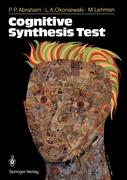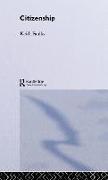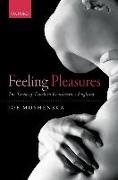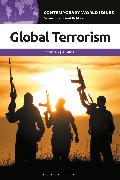Cognitive Synthesis Test
BücherAngebote / Angebote:
Table Development and Rationale . . . . . . . . . . . . . . . 1 . . of Contents Stimulus Choice and Rationale .............. . 3 Administration . . . . . . . . . . . . . . . . . . . . . . . . 4 References . . . . . . . . . . . . . . . . . . . . . . . . . . 5 Sample Data for Schizophrenics . . . . . . . . . . . . . . 6 Sample Data for Other Diagnostic Categories . . . . . . . 9 1 Projective tests have been valuable in personality assessment, Introduction diagnosis, and treatment by eliciting information about a per son's thinking, feelings, fantasies, interests, attitudes, and rela tionships with others. Picture-story methods such as Murray's Thematic Apperception Test (Murray et al. 1938), The Children's Apperception Test (Bellak and Bellak 1950), Van Lennep's Four Picture Test (1956), Pickford Projective Pictures (1963), The Object Relations Technique (Phillipson 1956), and Symonds Pic ture-Story Test (1948) have proven to be successful in revealing underlying personality dynamics. The Cognitive Synthesis Test (CST) appears to be an innovative and effective technique for evoking verbalizations by means of pictorial material. It offers the opportunity to study fantasy mate rial of psychotic and schizophrenic adolescents, as well as patients in other diagnostic categories.
Folgt in ca. 5 Arbeitstagen




